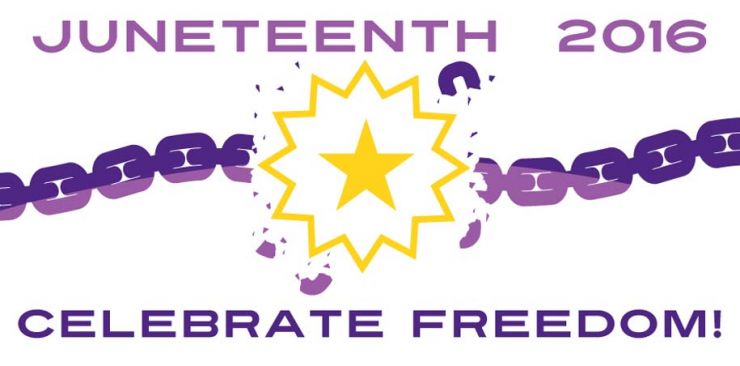Juneteenth: A Celebration of Solemn Remembrance
June 16, 2016
Although Pres. Abraham Lincoln signed The Emancipation Proclamation on Jan. 1, 1863, the U.S. Civil War would not end for another two-and- a-half years; many southern states and allied territories refused to recognize the Union victory. They continued to hold African Americans in slavery and struggled bitterly to maintain their sovereignty over human bondage.
There are numerous theories about the cause of the delay — from a murdered messenger to a profit-driven conspiracy in the Union Army, but on June 19, 1865, Union soldiers arrived in Galveston, Texas to announce slavery’s official abolition and read the Emancipation Proclamation. Word spread through Galveston, and finally a celebration began among the thousands of Black Americans held captive in the misery of chattel slavery. The day of rejoicing in the Texas city’s streets became known as Juneteenth.
Some 150 years later, many continue the observance, making it the country’s oldest commemoration of slavery’s end. This year is an especially stark reminder of just how deep are the nation’s unhealed wounds. On June 17, two days before Juneteenth’s anniversary, we mark one-year since the massacre at Charleston’s Emmanuel AME Church. It is a day of our national origins writ large — when we must acknowledge our history, the damage of systemic racism and slavery’s legacy in today’s struggle for justice.
1199ers across the Union celebrate Juneteenth. In New York City, members participate in an annual commemoration in Coney Island, Brooklyn which includes a ceremony of carrying libations and flowers to the ocean in honor of the ancestors.
For eight years, Buffalo, NY 1199ers have come together in remembrance of the Juneteenth celebration which includes a parade, festival and voter registration drive.


